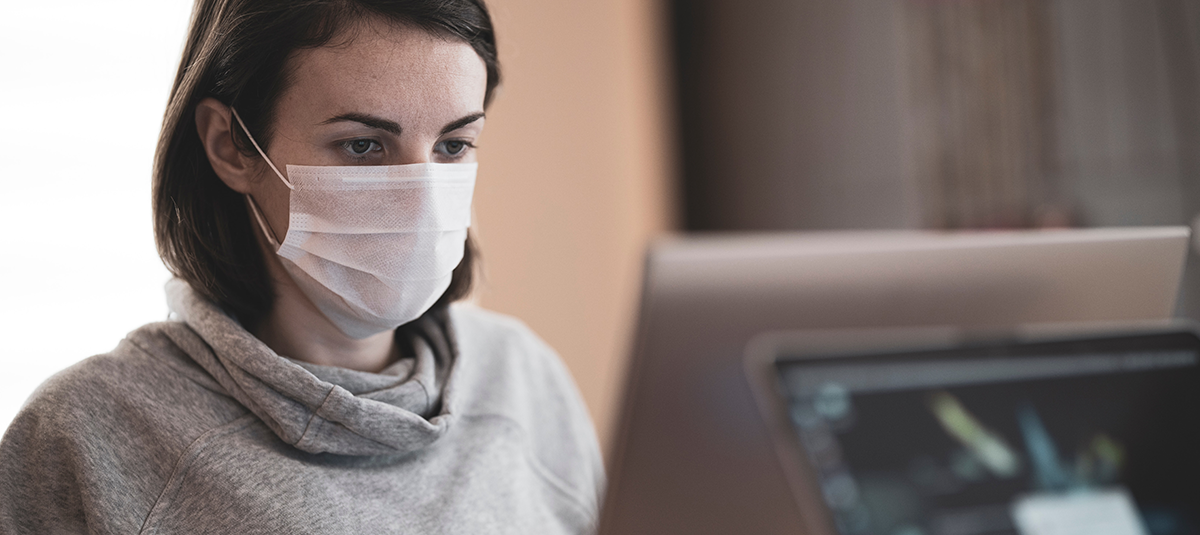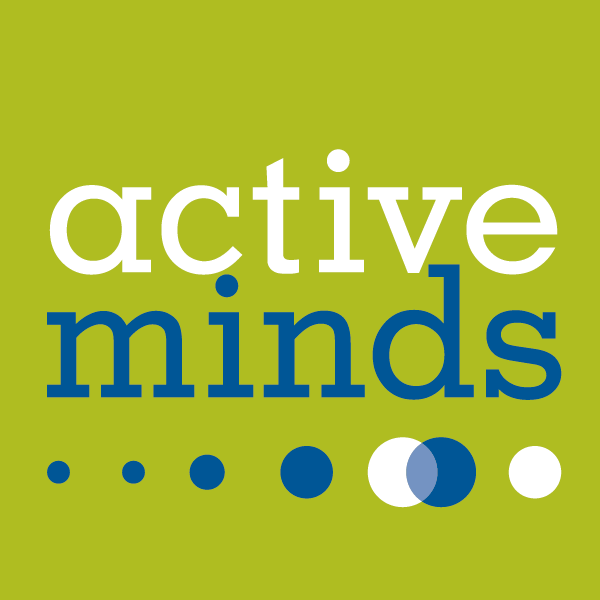After months of stay-at-home orders, social disconnection, and remote learning challenges, many of you put your hope in a safe, meaningful, in-person college experience. You did what you needed to do so that you could live out what you were told would be the best years of your life. You applied for your loans. Paid your tuition. Signed your housing contract. You bought your books, school supplies, and meal plans.
Then, you were asked to do more.
Self-quarantine for two weeks before moving to campus. Self-quarantine for the first two weeks on campus. Avoid travel outside of your city until the end of the semester. Wear face masks, take your temperature and report symptoms daily. Be socially distant but don’t isolate yourself; don’t be lonely but don’t socialize. Pack a “go” bag your roommate can bring to you in case you are quarantined. Fight against a natural desire for connection and community on campus and go along with the sacrifices you are paying for.
Oh and if it goes wrong, it’s probably you who will be blamed. All while you shoulder the burdens of increased housing insecurity, food insecurity, and financial struggles; and increased depression, anxiety, and suicidal thoughts among your peers nationwide.
We want you to know: we see you. This is difficult, and unfair.
You are the only students to have ever had to learn and grow in these conditions and under these expectations.
And yet, we also see your resiliency. At the onset of COVID-19 closures last spring, you told us even then that you were optimistic about your futures; that despite it all, you were confident you’d be able to achieve your academic and career goals. The steps you’ve taken to continue your education — whether in-person or online — amid so much uncertainty about how long this pandemic will last, concerns about your loved ones, and financial struggles alone… it astounds us.
As COVID-19 surges and school plans continue to unfold, we want you to know that no matter what you’re feeling, it’s real and valid. We’re here for you. There are simple steps you can take to care for yourself during these times.
Tips for Self-Care In Coronavirus-Era Back-to-School
-
Maintain routines as much as possible.
Whether you are learning from home or on campus, create a new routine that works for you and try to stick with it, even if your learning environment changes in the middle of the semester.
-
Practice healthy habits and the kinds of self-care that most benefit you.
Prioritize getting a healthy amount of sleep, eating well, avoiding alcohol, getting fresh air safely, and moving or exercising regularly.
-
Avoid crowds but stay connected.
Virtual learning or regulations from your campus may mean you might find yourself distanced from other people. If so, make the effort to stay connected and check in through social media, email, texting, and video calls. Take advantage of new opportunities to see friends and loved ones in small groups (following your local guidelines).
-
Seek news only from reliable sources, and only in short stints.
As with all things, we can find ourselves over-consuming news, social media, and updates. Avoid becoming absorbed in the coverage for long periods of time, and find opportunities to appropriately disconnect.
-
Take breaks to ease your mind and distract yourself when you start to worry.
Play a game. Watch a movie. Take a yoga class. Try a meditation app. For more coping skills to consider, head to activeminds.org/selfcare.
-
If you need a break from school this semester or next, that’s OK.
Sometimes, taking a leave of absence or gap semester is necessary for personal wellbeing. It is a part of the educational journey for many students, and should not be viewed as a setback.
-
Ask for help when you need it.
Don’t be ashamed to seek support for your mental health. We are living in an extremely difficult time. You don’t have to do this alone.
More Than a Bad Day
If what you are feeling seems bigger than what these strategies can support, seek help from a professional.
Many therapists also offer counseling via phone or video conference if leaving the house or campus or being distanced from your typical therapist is of concern. Ask about their options and explore ways to get extra support during this time.
And if you need it, please contact the Crisis Text Line by texting “BRAVE” to 741-741 or call the National Suicide Prevention Lifeline at 1-800-273-8255.
Speak Up
Finally, if you are a student with significant concerns about how the semester could impact your health and wellbeing, please get in touch with staff and/or faculty you trust to get the assurance and support you need.
We’re Here For You
Stay with us this semester — we have tools for self-care, social connection, and pushing for change, and there are more to come. Together, we will get through this.




